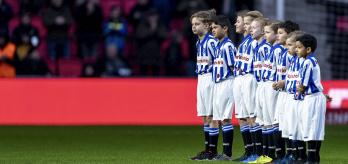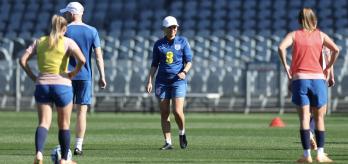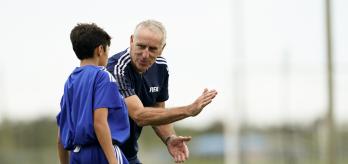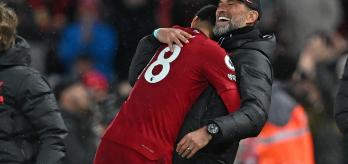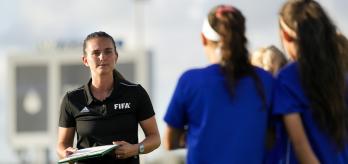There is a general perception that charismatic individuals in all walks of life are more effective leaders, and football coaches are no exception. In this Science Explained session, Professor Ralf Lanwehr of the Fachhochschule Südwestfalen (South Westphalia University of Applied Sciences) attempts to define what charisma actually is, examines the association between charisma and effectiveness, and asks whether we can train coaches to adopt a more charismatic leadership style. The presentation is followed by a Q&A session, hosted by FIFA's Dr Paul Bradley. It is important to stress that research in this area is very much in its infancy, and that strong scientific evidence is still in short supply.
Attempt to define charisma using a systematic approach. Examine charismatic leadership in real-world contexts (including in football) and explore whether charismatic behaviours can be actively acquired.
Charisma is fundamentally about behaviour, and it is not entirely innate. Lanwehr believes some charismatic behaviours can be actively developed – and doing so might help coaches get the best out of their players.
Research in this area is in its infancy. There is ample recent evidence from business administration and political contexts, but there is no data from sports yet. Therefore, any transfer to football must be treated with caution. Current findings suggest coaches can develop charisma, but we need to think carefully about the best way of doing so. Whereas we are usually encouraged to work on our weaknesses, developing leadership in general and charisma in specific tends to be more about accentuating your strength (see also Q&A).
Watch presentation
Read summary
Part 1: What is charisma?
Professor Lanwehr begins the session by attempting to define charisma. It used to be widely assumed that charisma was an innate quality that could not be examined in scientific experiments. However, as Lanwehr explains, we now know the picture is more complicated. To illustrate this, he analyses the behaviour of a number of public figures considered to be charismatic, identifying some of their shared traits and asking what they tell us about the concept of charisma more generally.
Part 2: Can charisma be actively developed?
Professor Lanwehr accepts that some forms of charisma are derived from inherent traits that cannot be taught, such as being perceived as good-looking. However, in this section of the video, he examines scientific research suggesting that some forms of charismatic behaviour can in fact be learnt, and that individuals trained in charismatic "techniques" are seen as more charismatic. He then goes on to explain the three trainable elements that make up the "charisma triangle": delivery, frame, and substance.
Part 3: Examples: Simon Sinek, Jürgen Klopp & Stefan Kuntz
So, what do these three elements actually look like in practice? Professor Lanwehr starts this section with a detailed analysis of the way author and motivational speaker Simon Sinek works with delivery, frame and substance, helping us to recognise charismatic techniques when we see them, before describing how coaches like Jürgen Klopp and Stefan Kuntz make use of similar techniques to achieve results in the world of football.
Part 4: What does charisma actually do?
Learning to be more charismatic is all very well, but does charisma actually produce results? In the final section of his talk, the professor explores the link between the use of charismatic "techniques" and outcomes, citing a number of real-world examples. He concludes with a reminder of what charisma can and cannot do, particularly in a football context. As he makes clear, charisma does not of itself create better players, but it may help to get the most out of them, and thus contribute to their success.
Q&A
00:57
How innate is charisma? How much of charisma is learnable?
01:56
If it can be developed, what would your recommendations be for developing it?
03:44
Is it authentic to work on charisma as a leader?
07:01
Why don't we have more sources when it comes to research on charismatic leadership, given that charisma is generally seen as positive?
09:08
What is the difference between charismatic leadership and transformational leadership?
11:46
Is the personality of a coach or a leader linked to their charisma?
14:00
If we can develop charisma, we must be able to measure it. How can you measure and test it in a football context?
16:00
How do you think Jürgen Klopp does what he does for individual players, for Liverpool FC as a club, and for the city of Liverpool? What is the impact of his charisma?
17:25
Is there a correlation between charisma and effectiveness as a leader? If there is, what is the nature of that correlation? Is there a linear relationship between these two variables, or is there more of a curve? To put another way, can you be too charismatic to be effective?
19:17
If you were going to give a coach advice on developing charisma, what would your advice be?





